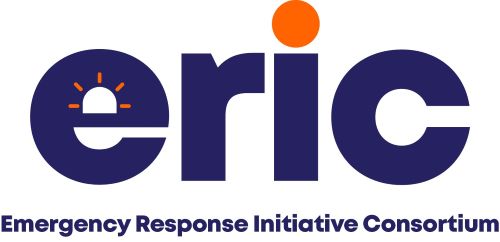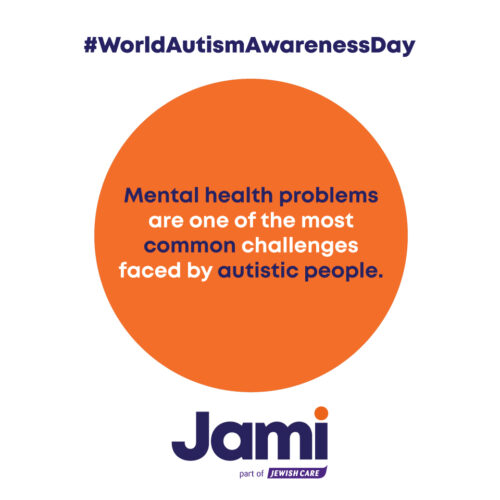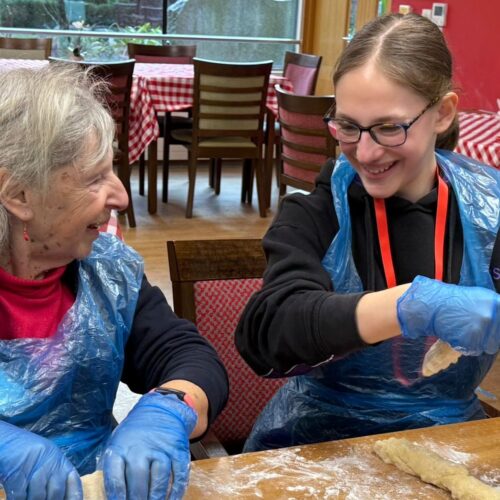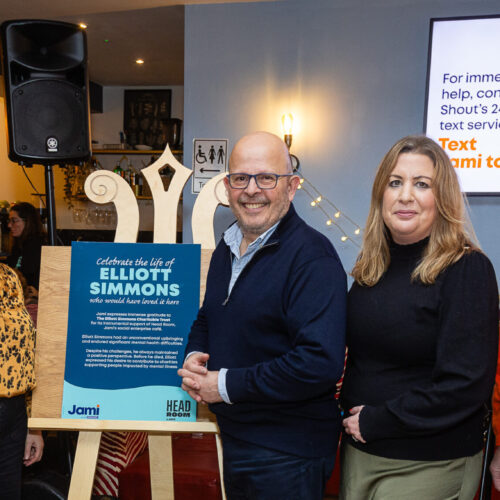
New guidelines launched supporting schools and families after suspected suicide
When Jewish schools reopen after the summer break, they will be able to refer to a set of revised and newly produced guidelines on coping after a suicide or sudden traumatic death. The updated guides have been produced for teaching staff and families by the Emergency Response Initiative Consortium (ERIC), co-ordinated by mental health charity Jami, which is part of Jewish Care, in partnership with Norwood, CST, JBCS (Jewish Bereavement Counselling Service), Grief Encounter and PaJeS, the organisation which works in partnership with Jewish schools.
It is hoped that school communities will not experience the suicide or sudden traumatic death of a school student. However, mental health charity, Jami, which supports young people and adults whose mental illness and distress makes everyday life a struggle, wants to ensure that teaching staff and families have the right tools and are supported to respond in the most effective way.
The revised and improved edition of Coping After Suicide or Sudden Traumatic Death: A Guide for Schools, first produced in 2020, is now easier to navigate, featuring graphics and clear key messages. It has been peer reviewed by Dr Gemma Handelsman, Educational Psychologist, who regularly consults with PaJeS, along with wellbeing specialists from Jewish schools.
The new Essential Checklist for Schools, highlighting key actions to be taken after news of a suspected suicide, will enable teaching staff to react efficiently and effectively in the event of a critical incident. To help families support their children at this difficult time, ERIC has also created a leaflet entitled Helpful Conversations After News of a Suicide, which includes tips for talking to your young person and signposts relevant services for further support.
Within the guides, there is also clear advice for getting in touch with the first response team, all of whom are members of the charities within the Consortium and have received gold-standard First Responders training.
Philippa Carr, Senior Mental Health Education and Suicide Prevention Manager at Jami, which is part of Jewish Care, said: “All the charities that have come together to work as the Emergency Response Initiative Consortium feel that the new guides will give school communities the added support they need at a very difficult time.
“We know, according to academic research, that it is better for schools to be prepared as this can help prevent suicide. Working with PaJeS, we will be able to get this information into the hands of every leader at Jewish secondary schools. I would also encourage every school to attend our free twilight sessions which start again in September, to be better acquainted with the subject and use of the guides.”
Julia Alberga, Wellbeing Manager at PaJeS, said: “We welcome the revised ERIC guidelines for schools and students. The guidelines are fully comprehensive – from an essential checklist for schools to a full guide that breaks down communication methods, support networks, mental health training and suicide prevention procedures. The ERIC plan helps to ensure the psychological safety of students and helps the school handle a difficult situation with the necessary sensitivity. It also reassures school staff that they are responding correctly. Additionally, the new leaflet for families offers crucial support and tips for caregivers and their children, and points them to relevant resources.”
Jayne Abbott, Resilient Schools Manager at the London Borough of Barnet, said: “Jami’s ERIC guide provides clear guidance for schools to plan their response to a critical incident in their setting and be able to support their community quickly and effectively after a suspected suicide.”
From September 2024, Jami is also offering one-hour twilight sessions to teaching staff to introduce them to the guide and explain it in more detail. The next twilight training for teachers on the guides will be on Wednesday 18 September and can be booked directly from Jami’s website at jamiuk.org/eric/
All guides can be requested directly from Jami at education@jamiuk.org.uk
If you or someone you know are affected by the subjects explored in this article, please get support by either speaking to your GP or accessing help via any of the following services, including:
Samaritans on Freephone 116 123 (24 hours a day) or the Jewish Helpline on 0800 652 9249 (12am–12pm, Sunday to Thursday; 12–3pm, Friday)
Shout’s 24/7 crisis text service. Text Jami to 85258 for free, confidential support.
Jami at jamiuk.org/get-support/ or 020 8458 2223
The Stay Alive App which can be downloaded at www.stayalive.app
For bereavement support, contact:
https://amparo.org.uk/ (for those living in Barnet, Camden, Haringey, Islington and Enfield)
Find your nearest bereavement support via Survivors of Bereavement by Suicide at https://uksobs.com/
Facing the Future Groups (Samaritans) are run by people who have also been affected by these issues at www.facingthefuturegroups.org
For more information, contact Hayley Aaron, Senior Communications & PR Lead on Hayley.Aaron@jcare.org


